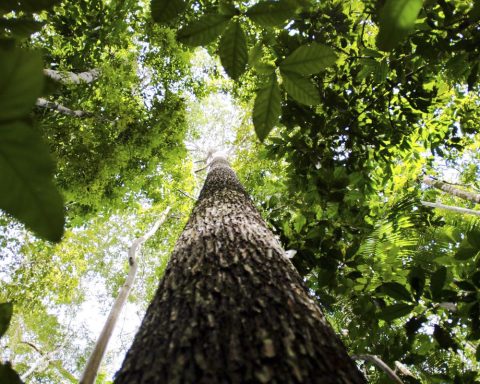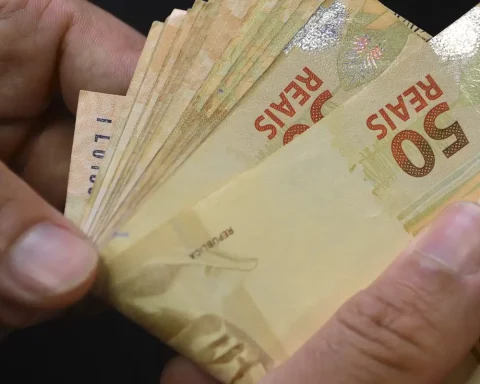The Brazilian mineral sector recorded a 52.5% drop in the trade balance in the 1st half of 2022, compared to the same period last year. Consequently, there was also a 24% reduction in revenue, from R$149 billion to R$113.2 billion. In production, the 441 million tons of mineral goods represent a 9% decline.
The performance was strongly influenced by the reduction in exports to China. The Asian country is the main buyer of Brazilian iron ore. The balance sheet was released today (27) by the Brazilian Mining Institute (Ibram), an entity that represents the largest companies in the sector operating in the country. It shows that, considering the dollar values, transactions with China involving iron ore fell by 32.3%.
According to Ibram, several factors may be associated with the reduction in Chinese appetite, such as reduced activity in the steel industry as a measure to control air quality during the Winter Olympics, greater environmental restrictions imposed by the government, intensified price controls and reduced of steel demand as a result of the slowdown in industrial production amid a strict policy to combat the covid-19 pandemic. The war between Russia and Ukraine was also mentioned as an element that generated fear in global producers, leading to greater caution.
Iron ore, which accounts for more than 70% of all foreign sales in the mineral sector, showed a reduction of 30.1% in the figures obtained: from US$ 21.5 billion in the first half of 2021 to US$ 15 billion in the first half of this year. In this first half, the Chinese accounted for 64.8% of product exports. Other trading partners that feature prominently in the balance sheet are Malaysia (5.2%), Japan (4.1%) and Bahrain (3.8%).
There were also significant drops in exports of gold (7.8%), manganese (45%), copper (20%) and bauxite (14%). Some minerals, however, registered an increase in the values generated with exports. This is the case of niobium (9%) and kaolin (13%). Due to the variation of the dollar exchange rate and prices practiced in the international market, the latter yielded higher figures even with a lower volume traded.
At the same time, imports rose significantly and also had a strong influence on the result of the trade balance. Purchases abroad moved US$ 9.4 billion, 199.9% more than in the same period last year. Businesses involving coal for steel use and potash for the manufacture of fertilizers accounted for 92% of total imports.
The CEO of Ibram, Raul Jungmann, pointed out that mining has a cyclical behavior and depends on the moods of the international market. In 2021, there were recorded some records. According to Jungmann, in response to last year’s virtuous performance, there has been a speculative attack on gains in the mineral sector.
“I am referring to proposals that are being processed in the National Congress. Taking into account the improvement in production, revenue and exports in the year 2021, they seek to expand, practically double, the collection of royalties. We are now seeing that the situation has been reversed . We hope that we will soon return to the previous situation, but we need to consider the cyclical aspect”, he said.
According to Jungmann, the increase in charges would result in an increase in mining activity costs and a loss of competitiveness in the sector, which is productive and brings foreign exchange to the country. Jungmann also complained about the creation of the Mineral Resources Inspection Fee (TFRM), through state laws in Minas Gerais, Pará and Amapá. Questioned by the National Confederation of Industry (CNI), its constitutionality is being analyzed by the Federal Supreme Court (STF).
royalties
The two main mining states in the country had a drop in performance. In the comparison between the first half of this year and the same period last year, there was also an inversion of position between them in the ranking of revenue. Minas Gerais took the lead: the state earned R$ 45.2 billion, a reduction of 26%. Pará, with a drop of 37%, earned R$ 41.4 billion.
The sector’s performance had an impact on the collection of the Financial Compensation for the Exploration of Mineral Resources (CFEM), considered the mining royalty. BRL 3.4 billion were collected in the first six months of 2022, 25% less than in the same period last year.
















